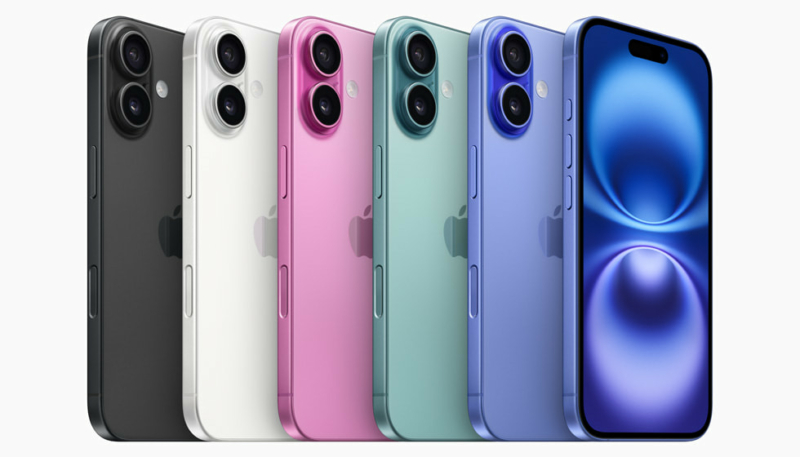Apple and Indonesia have finally made a deal to end the country’s five-month ban on the sales of the iPhone 16, according to a report by Bloomberg. The deal will lift the ban, which began in October of last year, when Indonesia refused to allow Apple to sell its flagship iPhone in the country, after the government determined that Apple had not met the country’s 40% domestic content requirement for smartphones and tablets.
Under the deal, Apple will make a $1 billion investment in Indonesia, up from previous offers of $10 million and $100 million that were previously rejected by the government.
The deal is expected to be formalized as early as this week, with the Ministry for Industry issuing permits allowing iPhone 16 sales “as soon as possible.”
In addition to the monetary investment, Apple has also reportedly committed to training locals to develop software and design their own products. The pledge addresses one of the government’s key demands for Apple to establish R&D facilities in the country.
Apple will also build a manufacturing plant on Batam island that will produce AirTags, Apple’s trackers. The AirTag facility will be run by Apple supplier Luxshare Precision Industry, and is expected to eventually turn out 20% of global AirTag production.
An additional manufacturing facility is planned for Bandung, which will manufacture other accessories
Indonesia represents a significant piece of Apple’s smartphone market, as the country has a population of 280 million, who own around 354 million active mobile phones.


